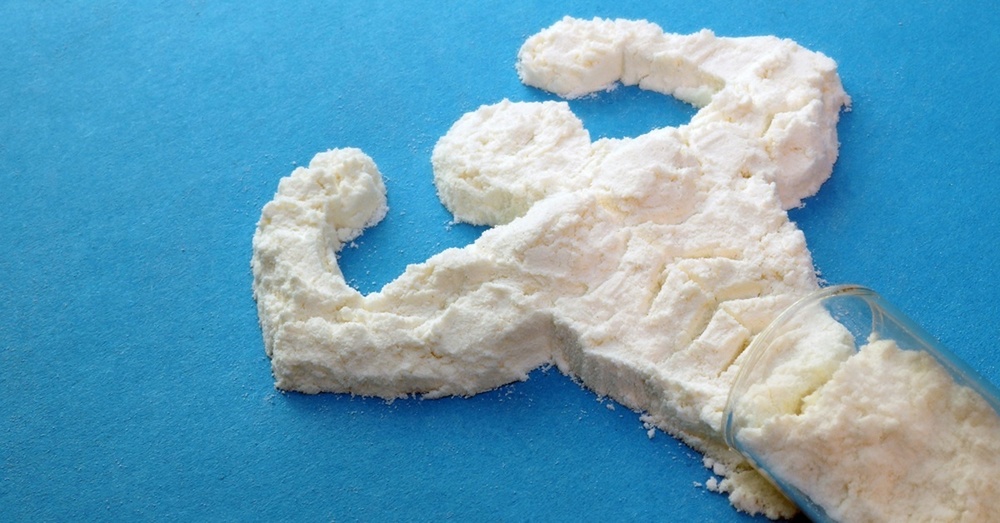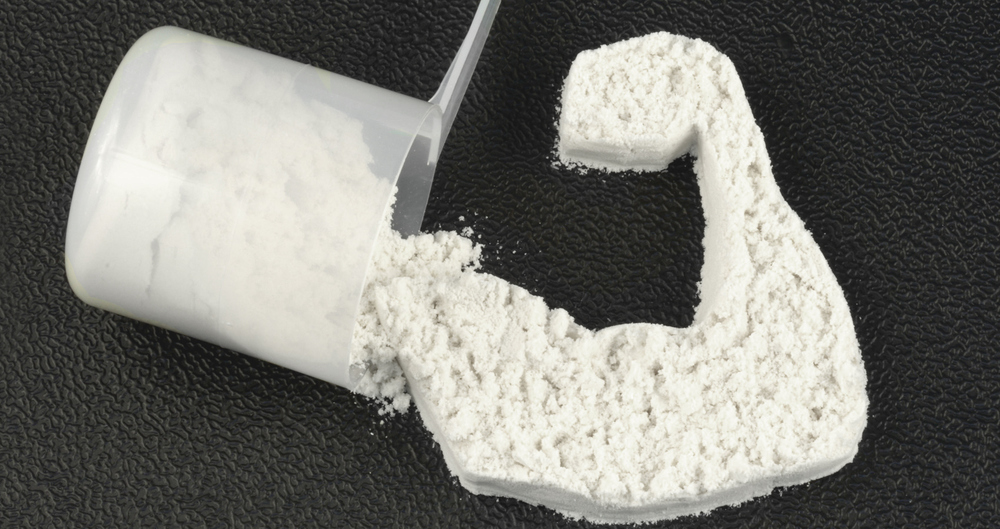There are many motivators for the average gym-goer, iron-junkie or cardio queen, but the most effective motivator by far is one thing: results. If someone goes to the gym day after day for weeks or months at a time and notice no difference whatsoever, do you think that person will continue putting in that hard work? Not likely.
People put in hours at the gym to get bigger arms, bigger chests, smaller waists, smaller stomachs and more definition everywhere. With that, naturally, the speed of results is important – why wouldn’t you want to reach your goals more quickly?
Fast-tracking results has largely created a business of trick photography and snake oil, but there are scientifically-backed compounds that can aid in weight loss, muscle building and general health. The umbrella term for these compounds is “supplements”.
There are dozens of different kinds of supplements, and several subsections and subcategories of those subsections within the different kinds. With diligent research and proper use, certain supplements can aid you in reaching whatever fitness or health goals you have more quickly, conveniently and effectively.
Today we’ll be discussing two of these main supplements that are used for the benefit of gaining muscle: creatine and whey protein.
Creatine
Creatine is a naturally occurring, organic acid present in all vertebrates. The purpose of creatine is to help the body generate rapid bursts of energy, as are required with plyometric and weight lifting exercises. Creatine is a widely used, and widely available supplement. You can purchase creatine in powdered form, or in pre-portioned capsules.
Pro’s
Creatine has been the subject of scientific studies time and time again, with the FDA cracking down on supplement companies and manufacturers, and the effects of creatine have been shown to be almost entirely positive. As previously discussed, creatine helps provide your muscles (specifically, your fast-twitch muscle fibers, the type that gets the biggest) with the ability to produce more rapid energy. If your muscles can contract faster and more efficiently, that makes you stronger for longer.
When you can lift more and fatigue more slowly, you can get a better workout in, effectively working your muscles harder and longer, which will help you grow faster. So don’t think of creatine as something you take to get huge, creatine is something you take that will help you have better workouts to make yourself huge. Creatine will help your muscles recover faster, too, so that your next workout can be just as intense as your last one.
In addition to the energy and kickass workout-providing properties of creatine, it also brings more water into your muscle cells, causing them to swell. That’s why, when you’re on creatine, your muscles look bigger and fuller. If you’ve never taken creatine before, we also have a post detailing how much water you should drink while supplementing with creatine, so give that a read to ensure you’re properly hydrated.
Con’s
There is a large amount of controversy surrounding most supplements, especially creatine. However, all of the research has that has been linked to kidney damage has been found inconclusive or due to pre-existing conditions. That’s not saying that creatine is side-effect free and you can take over the recommended dose.
Supplementing your diet with creatine causes the muscles to pull in water, which makes you look fuller, but softer. For this reason, most bodybuilders will stop taking creatine when prepping for a show or competition.
Speaking of creatine pulling water into your muscles, this will cause you to gain water weight, which doesn’t have any adverse health effects, but may make a difference aesthetically. This is also why when you cycle off of creatine, your muscles won’t hold as much water, and will appear smaller.
Another aspect of creatine that has been cause for concern for the uninformed is the “loading” phase, where you take an increased initial dose before the maintenance dose. This does not present any health risks; it is simply to see if creatine works for you.
While we’re on the subject of creatine performance, the last main drawback of creatine is that it simply does not work for everyone, as some people already have enough naturally occurring creatine in their bodies and taking creatine will have no benefit to them.
Whey Protein
Whey protein is derived from milk. Ever open a container of yogurt and notice the liquid floating on the top? That’s whey. Before its commercial and nutritional value was discovered, cheese and yogurt-makers would discard the whey as a byproduct. There are several different kinds of whey that are classified by the amount of protein in the compound.
Pro’s
Whey protein is far-and-wide the most popular supplement among bodybuilders, fitness enthusiasts and fitness professionals – for good reason. Proteins are the building blocks of your muscles. If you’re not getting enough protein in your diet, your muscles won’t have all that they need to repair and grow after a workout.
If you’re trying to gain muscle, the recommended amount of protein to consume daily is 1g per pound of bodyweight. If you’re 180lbs, that’s 180g of protein to fit into your diet, which can be no easy feat. In addition to fueling your muscles with protein, whey protein has other health benefits, including strengthening of the immune system and increases in anti-oxidant activity.
Another pro of whey protein (and pretty much any protein that comes in powder form) is that it’s extremely versatile, meaning you can mix the protein powder with a wide variety of different things.
Con’s
Since whey is derived from milk, the main downfalls of this product are simply that it is not available to vegan fitness enthusiasts. Also, if you’re lactose intolerant, certain whey powders with lower protein concentrations can be high in lactose and give you some serious stomach discomfort and digestive problems.
However, with higher quality proteins, lactose levels should remain low enough for it not to impact you. Another con to whey protein is that several varieties are high in calories and high in fat. If you’re looking to simply supplement your protein intake and not your calorie or fat intake, some whey powders could bring in excess calories and cause weight gain.
Final Thoughts
For gaining muscle, there are several supplements on the market that can help you reach your goals; however, whey protein (for those of us who can consume dairy products) and creatine should be your bread and butter. Whey and creatine are both high-benefit, low-risk additions to your diet that can make a big difference in the development of your physique. Make sure to read the instructions, and consult your physician if you have any further concerns.


Great article. You can try both the supplements for a better result. I myself personally prefer creatine as a pre-workout supplement so I can get a power booster to lift more and post workout supplement I prefer whey protein within 20 min for faster muscle recovery.